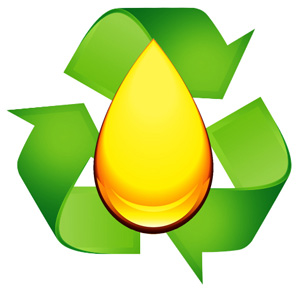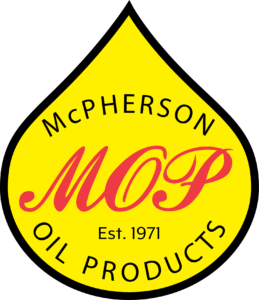Used Oil and Recycling
09 Apr 2019, Posted by in Industry InformationWe recently looked at Oil Reclamation and the benefits of going green. Now let’s look at the definition of used oil and oil recycling.
Used Oil
The U.S. Environmental Protection Agency (EPA) defines used oil as “any oil that has been refined from crude oil or any synthetic oil that has been used and as a result of such use is contaminated by physical or chemical impurities.”
Oils used as lubricants, hydraulic fluids, heat transfer fluids, buoyants and for other similar purposes are considered used oil. Some examples include engine oil, transmission fluid, lubricating oil, hydraulic oil, gear oil, transformer fluid, cutting oil, tempering or quenching oils, greases and brake fluid.
Recycling

So, what’s the difference in oil recycling and oil reclamation. While both are similar there is a key difference: Recycling is taking the impurities out and reusing the oil in a different way.
Recycling is the act of returning something or a part of something that has been used back to useful service, which may be different from the original application. Whether it is in an engine, hydraulic system or turbine, all lubricant oil eventually reaches the end of its useful life and must be drained from the machine, sump or reservoir.
Recycling involves reducing the levels of contaminants prior to re-use. Contaminants can result in early system failure and include moisture, acid, and particulates. A good example is the oil that is no longer able to perform its functions and it can be applied in other industries that require lower performance characteristics of the oil. Oil recycling is a stage-by-stage purification of transformer oil: removal of mechanical impurities and water, evaporation, absorbent purification.
Some forms of oil recycling can be done onsite. If your plant produces large amounts of used oil that can’t be reclaimed, this used oil can be turned into lubricant oils or fuel for burning in boilers, industrial furnaces, etc. On the other hand, if your used oils must be sent offsite because they are too badly contaminated with different viscosity/base oils and chemicals, or your plant does not have the volume to justify onsite recycling, make certain that the used lubricants are handled and processed in an environmentally acceptable manner by a waste-removal/recycling company.
A number of recycling organizations are available, including our ReNEW division, but you must ensure that you are dealing with a reputable company that processes the oil correctly in compliance with your local laws and U.S. Environmental Protection Agency (EPA) regulations.
Want to know more about recycling used oil? Contact a rep today and find out how our ReNEW division can help your company.
About: McPherson Oil is proud to distribute ExxonMobil products in the southeast including Alabama, Arkansas, Florida Panhandle, Georgia, Louisiana, Mississippi and Tennessee.
Source: Michael C. Brown, Machinery Lubrication Magazine
